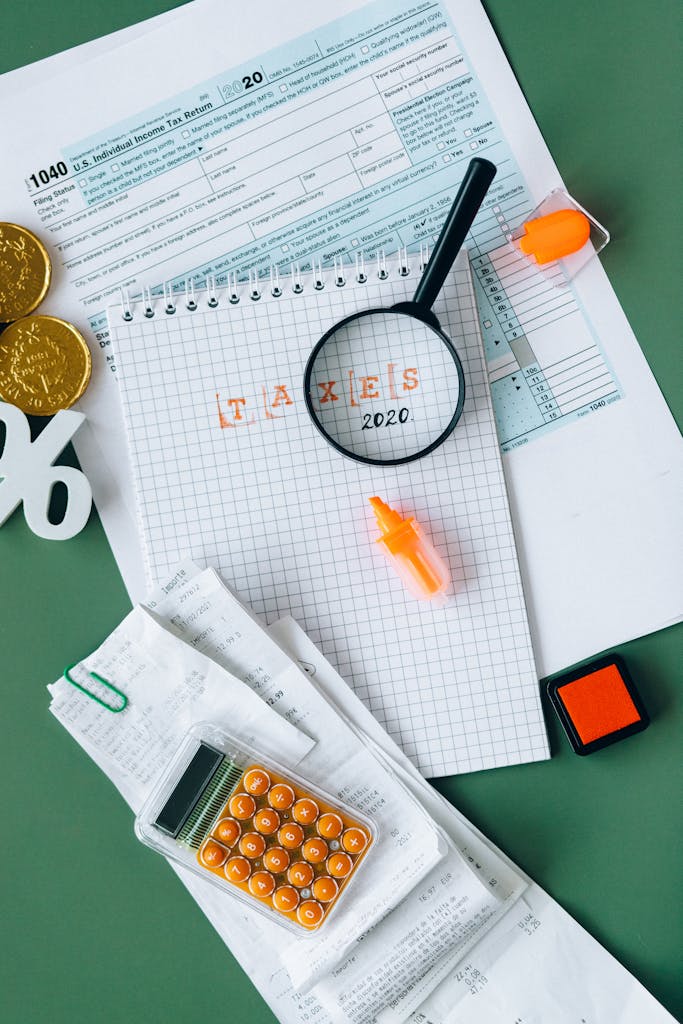Top Tips for Successful Exam Preparation
Navigating the path to exam success can often feel like a daunting task.
The key to overcoming this challenge lies in effective exam preparation strategies.
This article aims to provide you with a comprehensive guide to successful exam preparation. It covers a range of topics, from crafting a personalized study plan to leveraging online tools for test prep.
Whether you’re a high school student, a college scholar, or a professional preparing for a certification exam, this guide is for you.
We’ll delve into the nuances of different study techniques, time management, and even the importance of maintaining a balanced lifestyle during your study period.
Stay with us as we explore the top tips for successful exam preparation. Your journey towards acing your exams begins here.
Understanding the Exam Landscape
Before diving into the study process, it’s crucial to understand the landscape of the exam you’re preparing for.
This involves familiarizing yourself with the exam format, structure, and the scoring system. Knowing what to expect can help you tailor your study plan to the specific demands of the exam, enhancing your chances of success.
Crafting Your Personalized Study Plan
A personalized study plan is a cornerstone of effective exam preparation. It should be tailored to your learning style, time availability, and the exam’s requirements.
Creating a study plan involves identifying your learning style, allocating time effectively, and setting realistic goals.
Here are some steps to consider when crafting your study plan:
- Identify your learning style
- Allocate time effectively
- Set realistic goals
Identifying Your Learning Style
Understanding your learning style is the first step in creating a personalized study plan.
Are you a visual learner, an auditory learner, or a kinesthetic learner? Knowing this can help you choose the most effective study methods and materials.
Allocating Time Effectively
Effective time management is crucial for successful exam preparation.
Consider using techniques like the Pomodoro Technique, which involves studying for a set amount of time, then taking a short break.
Setting Realistic Goals
Setting realistic goals is another important aspect of crafting a study plan.
These goals should be specific, measurable, achievable, relevant, and time-bound (SMART). They will guide your study process and help you track your progress.
Active Learning Strategies
Active learning strategies are key to effective exam preparation. They involve engaging with the material, rather than passively reading or listening.
These strategies can include practice tests, flashcards, teaching others, and group study sessions.
Here are some active learning strategies to consider:
- Practice tests and flashcards
- Teaching and group study
- Note-taking and summarization
- Teaching or explaining concepts to others
Practice Tests and Flashcards
Practice tests and flashcards are powerful tools for active learning.
They not only help you review the material but also simulate the exam environment, helping you get used to the format and timing.
Teaching and Group Study
Teaching others is a highly effective way to reinforce your understanding of the material.
Group study sessions can also be beneficial, as they allow for peer discussions and collaborative problem-solving.
Online Exam Preparation Tools
The digital age has brought a wealth of online tools and resources to aid in exam preparation. These range from study apps to online forums and digital flashcards.
Leveraging Technology for Test Prep
Technology can be a powerful ally in your exam preparation journey. Online platforms offer a variety of resources, from interactive quizzes to video tutorials.
Moreover, many of these tools allow for personalized learning experiences, adapting to your strengths and weaknesses to provide targeted practice.
The Day Before the Exam
The day before the exam is crucial for consolidating your knowledge and ensuring you’re ready for the big day. It’s not a time for cramming, but for reviewing and relaxing.
Reviewing Key Points
Spend some time going over the key points from your study materials. This is not about learning new information, but reinforcing what you already know.
Remember, the goal is to enter the exam room with a clear mind and a solid understanding of the topics at hand.
Ensuring Material Readiness
In addition to reviewing your knowledge, make sure you have all the necessary materials ready for the exam. This includes any required documents, stationery, or equipment.
Having everything prepared in advance will help reduce stress on the day of the exam and allow you to focus on performing your best.
Exam Day Strategies
On the day of the exam, your preparation strategies shift to performance strategies. It’s about applying what you’ve learned and managing your time effectively.
Remember, your mindset is as important as your knowledge. Approach the exam with confidence and a positive attitude.
Time Management During the Exam
Effective time management during the exam is crucial. Be aware of the time limit and pace yourself accordingly.
Don’t spend too much time on a single question. If you’re stuck, move on and come back to it later.
Reading and Understanding Questions
Take the time to read each question carefully. Misunderstanding a question can lead to incorrect answers, even if you know the material.
If a question is confusing, try to break it down. Look for keywords and phrases that indicate what the question is asking.
Post-Exam Reflection and Improvement
After the exam, take the time to reflect on your performance. This is an essential part of the learning process.
Identify areas where you struggled and consider how you can improve for future exams.
Learning from Mistakes
Review your exam once the results are out. Pay special attention to the questions you got wrong.
Understanding your mistakes is a powerful learning tool. It helps you identify gaps in your knowledge and areas for improvement.
Adapting Study Strategies
Based on your performance, consider adapting your study strategies. What worked well? What didn’t?
Remember, effective exam preparation is not a one-size-fits-all process. It’s about finding what works best for you and continually refining your approach.









